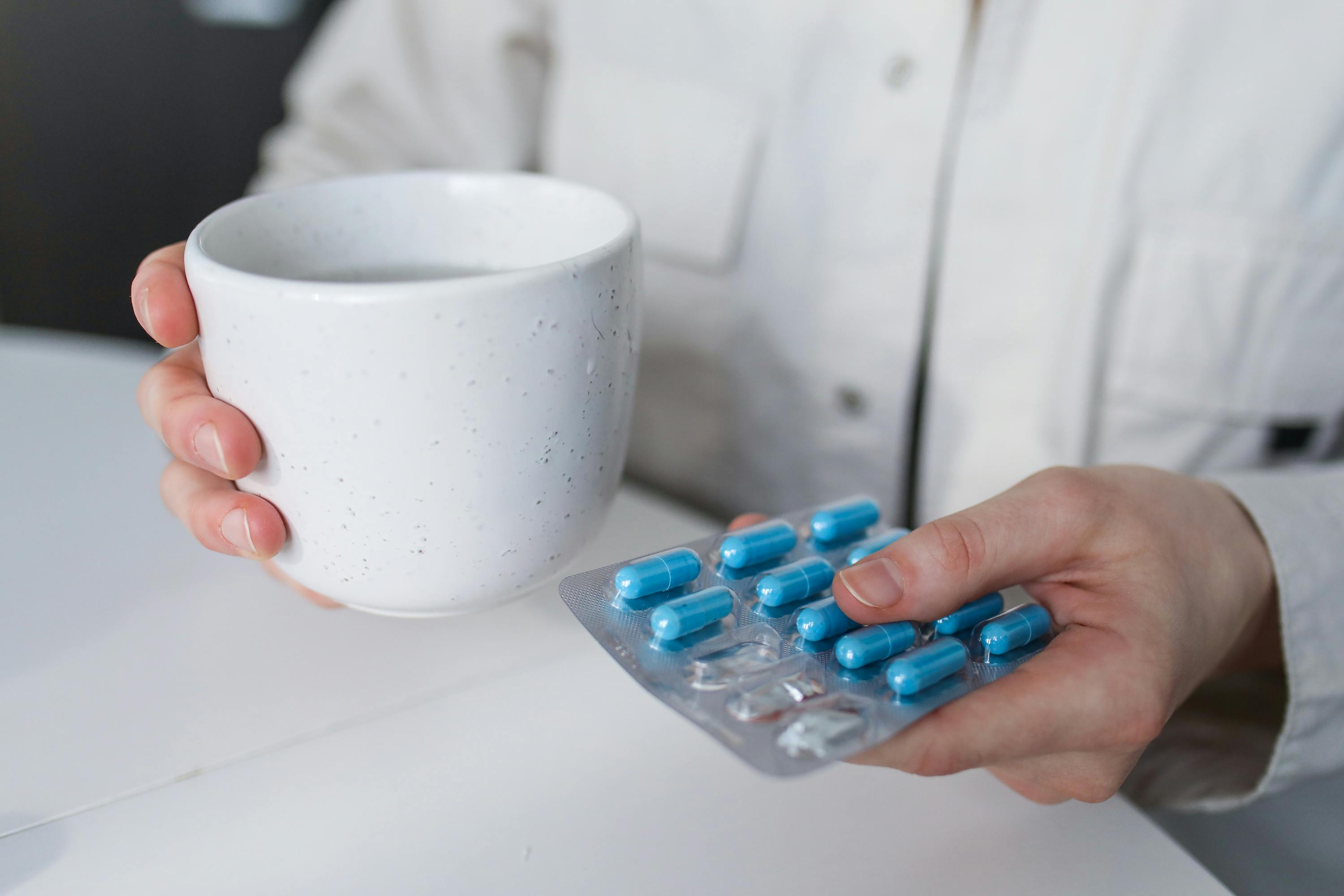What Has Changed Recently With ?
 Muscle Growth Supplements: Are They Worth the Risk?
Muscle Growth Supplements: Are They Worth the Risk?
If your New Year’s resolution involves hitting the gym to build muscle, you may have considered adding supplements to your fitness routine. You should assess the benefits and risks of taking supplements before deciding to add them to your diet, despite their potential benefits for energy, recovery, and overall muscle building. View here for more info on this product.
The first step in achieving your muscle-building goals is realizing that it takes time, dedication, and a well-rounded approach to your diet and nutrition in order to see results. Even though supplements might be helpful, they are no match for a healthy diet and regular exercise. It’s important to have realistic expectations and not rely solely on supplements to achieve your fitness goals.
However, there are medications that promote both muscular development and stamina. Natural supplements like branched-chain amino acids, whey protein, and creatine have been shown to be safe and effective in increasing muscle mass and improving muscle recovery. However, it’s important to stick to recommended dosages and be aware of potential side effects, such as stomach discomfort or dehydration. Just click here and check it out!
Pre-workout pills, which often contain caffeine and other stimulants, may help you train more effectively by improving your focus, energy levels, and performance. But be careful not to overdo it, as excessive use can lead to side effects like increased heart rate and high blood pressure. On the other hand, there may be greater dangers and negative effects associated with using particular supplements. Neither the Food and Drug Administration (FDA) nor the World Health Organization (WHO) have authorized the use of selective androgen receptor modulators (SARMs) or dehydroepiandrosterone (DHEA), which can cause serious health problems such liver damage and hormonal imbalances. Although fish oil, multivitamins, and beta-alanine are not designed to stimulate muscle growth, they can improve your mood and motivation to get moving.
Even while it is conceivable that taking nutritional supplements might be helpful, the most essential thing to focus on when developing a diet is whole foods. Salmon, eggs, chicken breast, Greek yogurt, lean beef, shrimp, tuna, and soybeans are some examples of foods that are high in protein and can help in the formation and repair of muscle tissue. As part of your workout program, it is essential to get enough sleep. Getting enough rest can aid in muscle recovery and energy levels. Aim for seven to eight hours of sleep every night, and engage in activities that promote relaxation, such as meditation, in the hours preceding up to bedtime.
Supplements are useful in promoting muscular growth and stamina, but they should be used with discretion. Use only all-natural supplements such as branched-chain amino acids, whey protein, and creatine, and be wary of the dangers of synthetic supplements like as SARMs and DHEA. Keep in mind that there is no replacement for a healthy diet and an exercise routine, and ensure that you provide adequate time and attention to both rest and recuperation as part of your fitness routine. Click here to get even more info on the subject!
This post topic: Health Care & Medical


